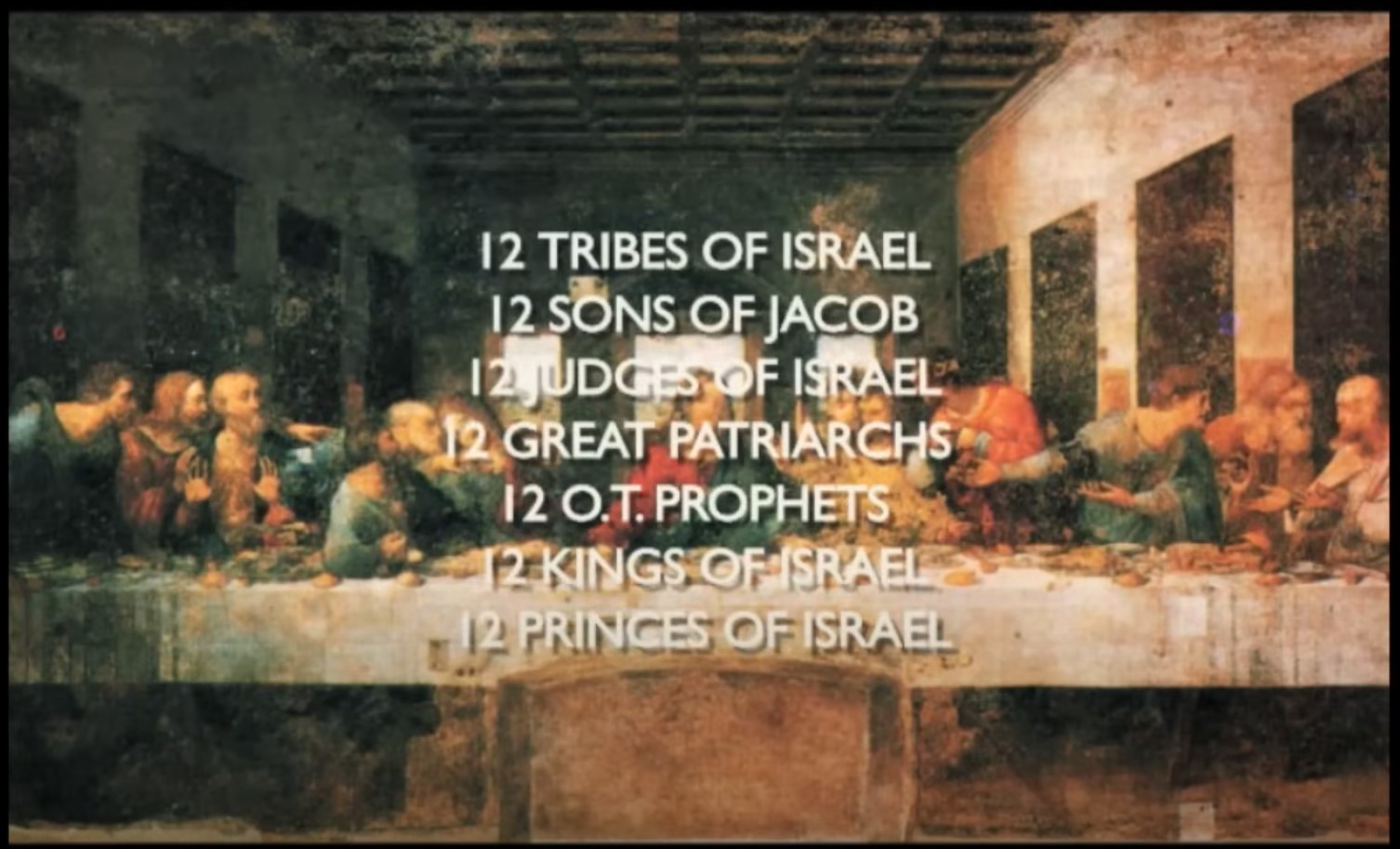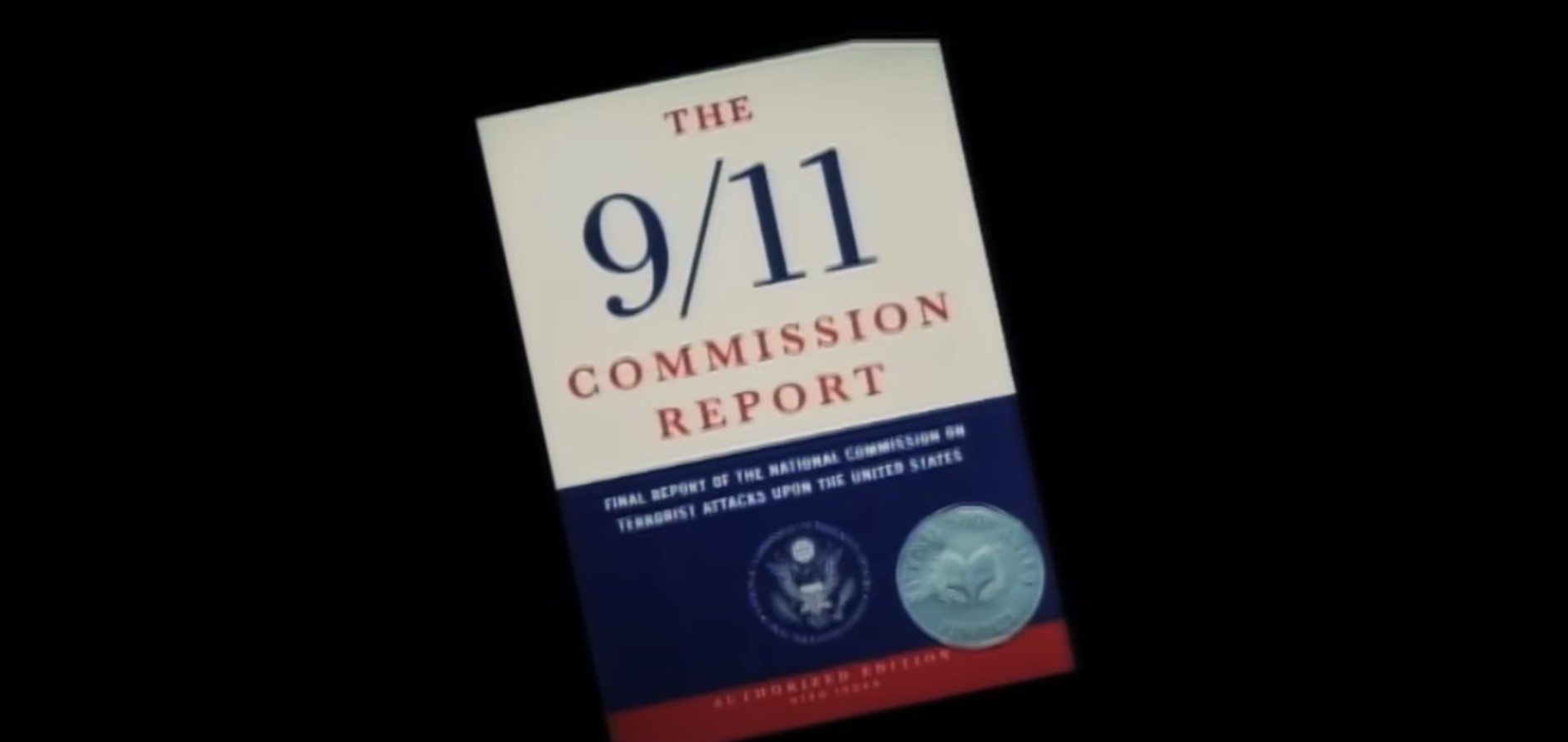This article focuses on the impact of the documentary Zeitgeist, the Movie on personal values, exploring a critical look at religion, capitalism, and power. The message is that we should question the nature of the world and seek the truth.
Zeitgeist, the Movie and my life
From the time we are born, we grow up with a set of values. These values are largely shaped by our family, education, and social environment. I was no exception. I was born into a Christian family. Jesus. God. Father. My father’s world was the world of Christianity. God was my father, God was my nanny. I lived that way for twenty years, and when the first germs of disbelief began to sprout, I couldn’t think. It was as if my mind had stopped working. My first doubt came from a sense of the unfairness of the world. It was in the army. One day, I was standing guard at night, and my junior soldier told me. “In North Korea, across the river, they just shoot you in the head with an iron bar.” The guy in front of me told me. If you look through binoculars, they really do just take the head off. My thoughts stretched from North Korea, which was nearby, to Southeast Asia, to Africa. People experiencing the worst of the worst. People living at the bottom of the bottom of the bottom. Why are humans so cruel? Where do I live, where do they live. When I learned about Pol Pot’s genocide of two million Cambodians, I was appalled.
When I began to deny God, my entire worldview was shaken. How could I be so nonchalant about life when people were dying on the other side of the world? I couldn’t believe the world. Everything was denial, and there was a time when it felt like war.

The impact of the documentary
‘Zeitgeist, the Movie’ is the documentary that first questioned me at that time. Is Christianity true? Isn’t it a fictional world? What is America? What is capitalism? This is a movie that asks these questions in a serious voice and with a sober gaze. When I first saw this documentary, I was shocked by more than just a new perspective. It made me rethink everything in me, realizing that many things I had taken for granted could actually be distorted for someone’s benefit. The movie shook up my existing beliefs with its penetrating criticism of religion, the state, and the capitalist system, and it opened my eyes to the fundamental problems of life that many people, including myself, face.
Zeitgeist, the Movie asked me a lot of questions, and it answered a lot of them. Zeitgeist, the Movie is organized into three parts. Part 1 is about religion. Part 2 is about 9-11. Part 3 is about the American economy. Each part turns conventional thinking on its head. Somehow, after watching the movie, you feel like everything has been turned upside down. You get confused about what is true and what is manipulated. Perhaps the director wanted to convey the message that what we see in the world is probably all a lie. Starting with the denial of religion, which has accompanied human civilization, the fabricated (but careful) story of the 9-11 attacks, and the current story of the United States, the film shows how lies are amplified and power is exerted by violence.

The need for change and the role of the individual
‘Zeitgeist, the Movie’ raises the question of how we follow the media, how wealth is organized, and what frames we play into. When you finish watching the movie, you realize that you can’t believe anything. First you’re surprised, thinking that if this is true, it’s a really big deal, and then you’re even more surprised by the hardness of the reality that even if it is true, nothing changes. After watching this documentary, I started to think about what I could do to change the world, not just recognize the problem, but what I could do to change it. Zeitgeist, the Movie reminds us of the power of the individual to make a difference. The disbelief that started with a small question eventually spurred me to action, and led to a determination to resist in the best way I could. It’s the small actions of individuals that change the world. That’s why we need to start here and now.
The movie is assembled from a variety of footage. News, interviews, voices, phone calls, newspapers, talk shows, and cartoons are interspersed with each other. It’s both an explanatory and participatory documentary. It’s an expository documentary because it uses evidence-based editing to drive the narrative in order to effectively communicate what it’s trying to say (that we need to know and find the truth). It’s also a participatory documentary because the filmmakers don’t actually appear in the film, but are interviewed in various ways. Dirty stories surrounding religion, power, and money. The movie speaks to our need for ‘knowledge’. We need to know. We need to dig and dig and dig. What they fear most is that we will find out. Their plots, their dark underbelly.
Chinmoy Kumar Ghose, an Indian spiritual leader, once said “When the power of love triumphs over the love of power, the world will know peace.” Sometimes I think it’s too idealistic. The thought of not really changing anything feels so overwhelming. But that doesn’t stop us from throwing eggs. We need to know more so that the rock can break. We need to learn more, we need to think more. And we have to fight back in the best way we can. That’s what I want to write, that’s the revolution I can make. The film ends with a single line of subtitles. the revolution is now.
 I’m a blog writer. I want to write articles that touch people’s hearts. I love Coca-Cola, coffee, reading and traveling. I hope you find happiness through my writing.
I’m a blog writer. I want to write articles that touch people’s hearts. I love Coca-Cola, coffee, reading and traveling. I hope you find happiness through my writing.